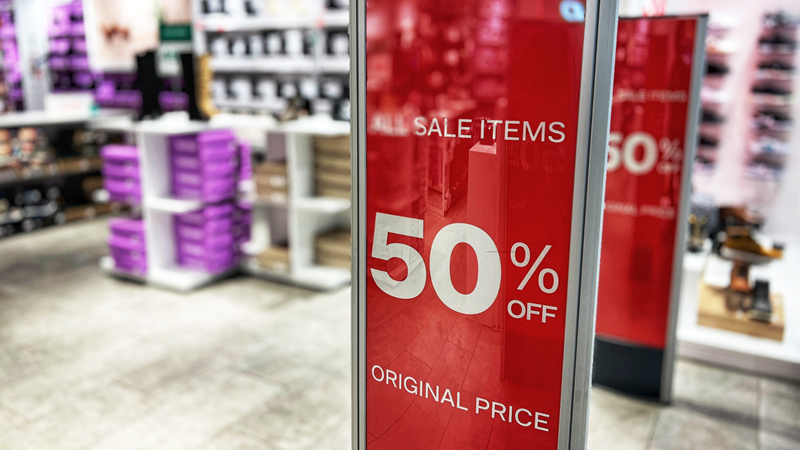Influencer marketing rules – a primer on what you should know
Truthfulness is vital to earning and retaining consumer trust and is an embedded principle within our Code of Ethics and Standards of Practice. To uphold that trust, influencers must ensure content does not break the law by including appropriate disclosures that assist consumers in identifying potential affiliation to a brand.
With the rise of influencer marketing, regulatory bodies have been scrutinizing industry practices to ensure consumers are protected. In Canada, the misleading advertising and deceptive marketing practices provisions of the Competition Act (administered by the Competition Bureau), apply to influencer marketing in the same way they do to any other type of marketing.
A recent release from the Competition Bureau serves as an important reminder that as an influencer or a business that engages in influencer marketing, there are rules you need to comply with. Failure to do so may result in substantial monetary fines as well as reputational harm, as the responsibility to comply rests with all parties involved in the collaboration including the advertiser, the influencer and anyone responsible for the sponsorship such as the PR firm. A resource worth familiarizing yourself with is Ad Standards’ influencer marketing guidelines that set out best practices as well as this Bureau guidance which includes a checklist for influencers and advertisers that is a cheat-sheet to help you remember the rules.
To help you comply, keep the following top of mind:
- Disclose a material connection in a way that is visible and clear for the audience.
- Unsure what a material connection is? It is a benefit that the influencer receives in exchange for promoting the business, product or service. The most obvious benefit would be money; other types of benefits would include free products or services, discounts, free trips or tickets to events. Another type of material connection is a personal or family relationship.
- This is typically done using a hashtag such as #ad or #sponsored in each post.
- Disclosures must be inseparable from the content if shared.
- Influencers should ensure their testimonials and reviews are honest, accurately represent their experience and avoid broad claims.
- Unauthorized use of or the distortion of testimonials, and performance claims not based on adequate and proper testing is prohibited under the law. Learn more.
Consumers are savvy and see through dishonest and unauthentic marketing tactics, so brands and influencers should always provide transparent, timely and accurate information. CMA encourages its members to regularly review any influencer collaborations to ensure they comply with the rules.
The regulatory landscape is constantly changing and staying up-to-date is important. The Canadian Marketing Association provides guidance and support to its members on a wide variety of issues. Check our site for resources and updates and stay current by subscribing to our Top 5 Picks e-newsletter through MyCMA.




































